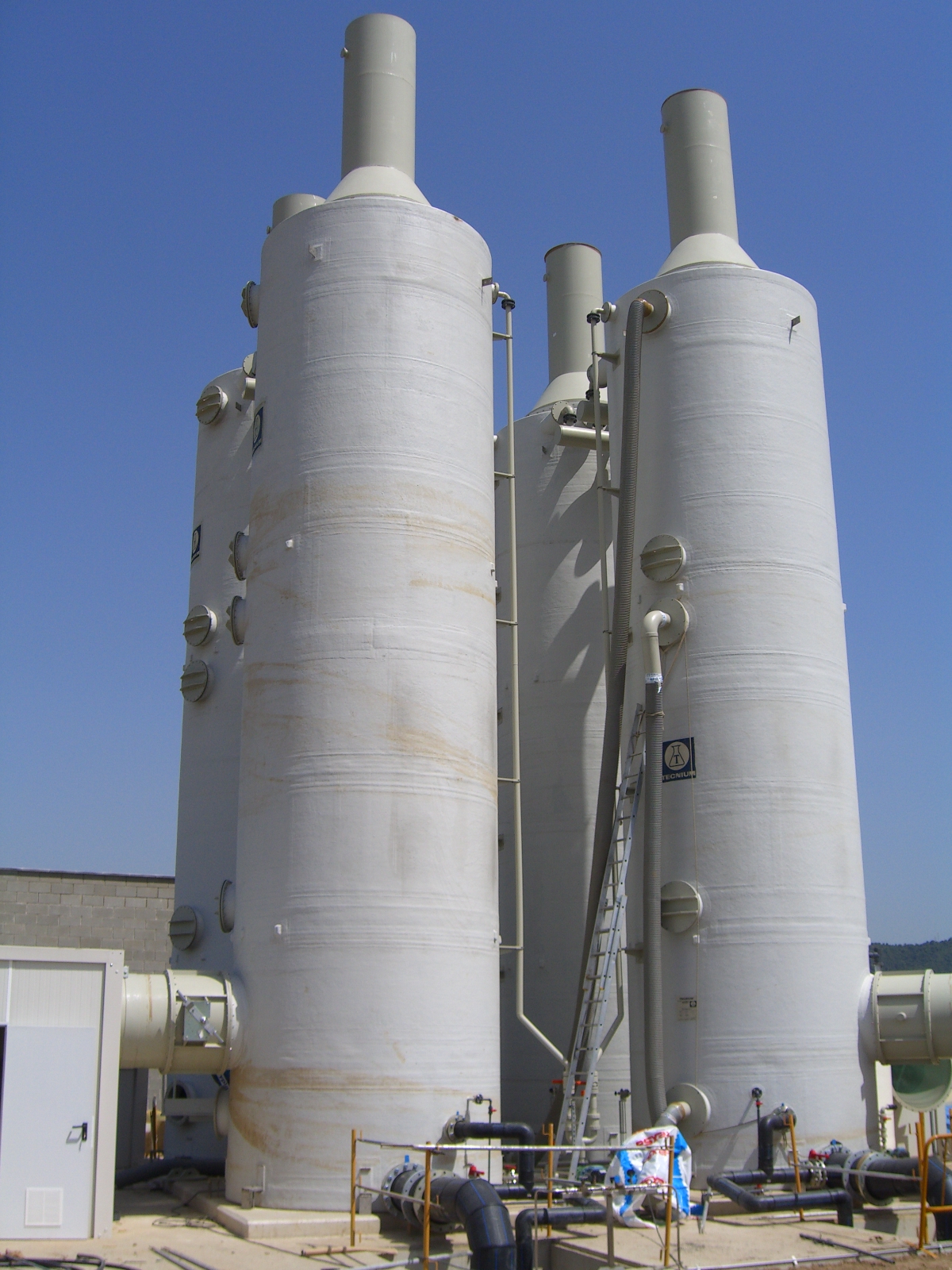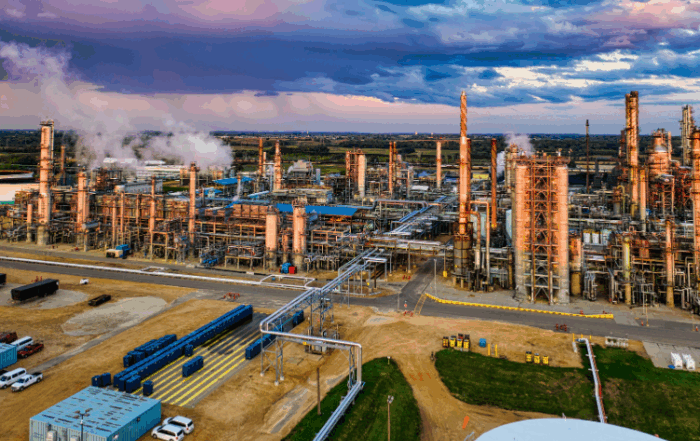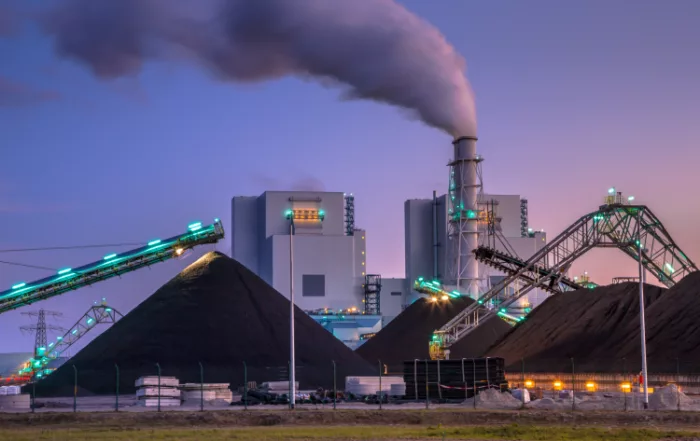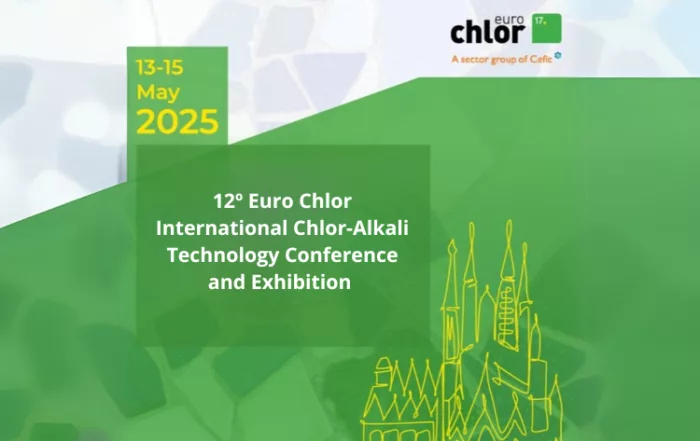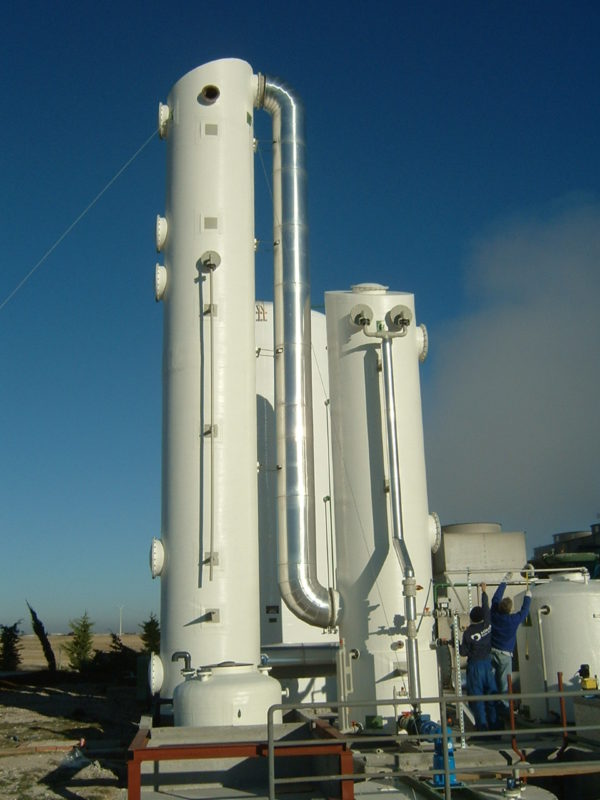
Lixiviate Stripping
It is often necessary in the treatment of any liquid effluent, remove certain compounds that can interfere with subsequent processing.
In general the removal of NH3, CO2 or Volatile Organic Compounds (VOC’s) can be performed by different methods.
One of them consists in the stripping, in which the volatile component is separated from the liquid effluent, through the action of an inductor element which can be air, steam, nitrogen, etc..
The process is done in countercurrent scrubbers, where is essential to achieve an optimal relation liquid/gas, as well as a packing with very high specific surface but that simultaneously prevents its flood.
The simplicity of the stripping process regarding installation and operating costs, makes it suitable for many applications.
TECNIUM accounts with numerous references for this type of treatment.
Removal of NH3
It is common to find the presence of ammonia in lixiviates from landfills and MBT plants, after evaporation processes where it is necessary to remove ammonia, before chemical-physical treatment.
Similarly, we may find the need to remove ammonia in effluents from the fertilizer or glass industry.
Another area of application is the treatment of lixiviates from manure treatment plants.
After removal of the ammonia, if the concentration in the air / vapor is high, it may require a further acidic absorption step (sulfuric acid, phosphoric, …).
CO2 Removal
Sometimes when using a reverse osmosis water and we need to correct the pH, we can eliminate the CO2 present in this water, using an air stripping process.
It is normal to find water with 100ppm of CO2 and achieve efficiencies of 99% removal.
Our algorithms allow us to optimize the relacción L/G with high performance packings.
Removal of VOC’s
Stripping technology can not be generalized for all volatile organic compounds present in a possible effluent.
From the study of their chemical nature, vapor pressure, etc., can be decided whether this technology is applicable.
We have applications and references removing aliphatic chains chlorinated compounds such as trichlorethylene, trichloroethane, etc.
H2S removal
Although this application is described in the treatment of biogas, we highlight this application when the biogas is enriched with methane removing the CO2 and H2S by compression at 9/10bar.
Lixiviate produce has a high concentration on H2S which is removed by stripping, to be subsequently deodorized.
More information
Give us your contact details and we will advise you on the best solution for your application.
View also
The Critical Chemical Alliance
Europe’s Industrial Comeback Strategy In a decisive move to reinforce industrial resilience and regain sovereignty in key manufacturing sectors, the European Commission has announced the upcoming launch of the Critical Chemical Alliance. This [...]
Industrial gas scrubbing in the metallurgical industry: Efficiency, compliance and sustainability with Tecnium
In the metallurgical sector, industrial gas scrubbing is a key technology to ensure operational sustainability and compliance with increasingly stringent environmental regulations. Smelting, refining, coating, and metal surface treatment processes generate emissions with high [...]
Magnetic coupling pumps: efficiency, safety and sustainability for industry
The magnetic coupling pumps from Tecnium represent one of the most advanced and safest technologies for fluid handling in modern industry. Their seal-less design, high energy efficiency, and resistance to aggressive chemicals make them [...]
How do process pumps work for the chemical industry?
What are process pumps? Process pumps play a vital role in the chemical industry, being essential for the safe and efficient processing of corrosive, abrasive, and sometimes hazardous fluids. These pumps are [...]
Efficiency in gas treatment: The change and evolution towards cleaner processes
Gas treatment technologies for various industries The increasing focus on environmental sustainability has placed the treatment of industrial waste gases at the heart of continuous improvement strategies for many industries. This approach [...]
TECNIUM will participate in Euro Chlor 2025, the international reference event for the chlor-alkali industry
We present our technical solutions for a safer, more efficient and sustainable chlor-alkali industry TECNIUM, a company specialized in pumping, storage and gas treatment technologies for demanding industrial environments, announces its participation in [...]


